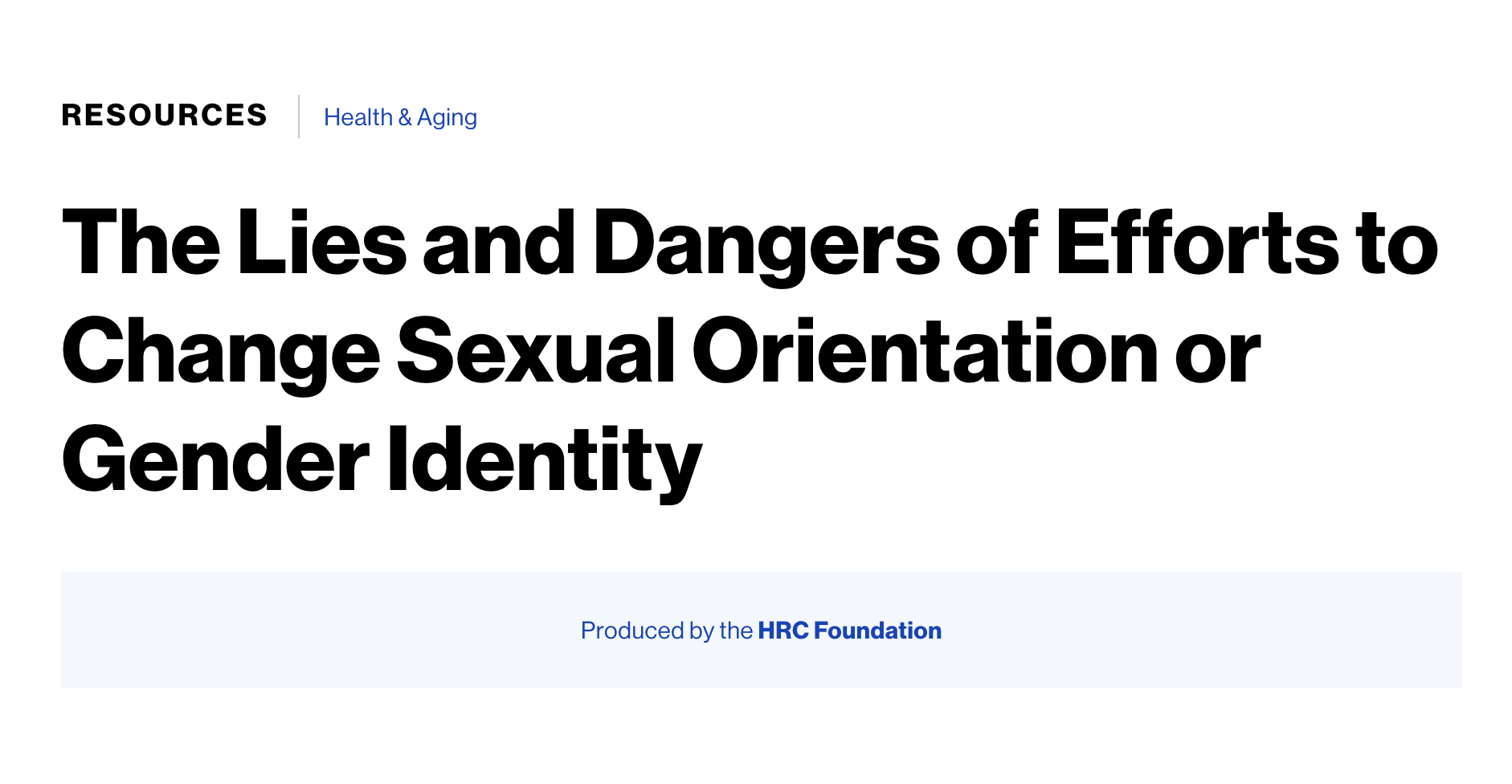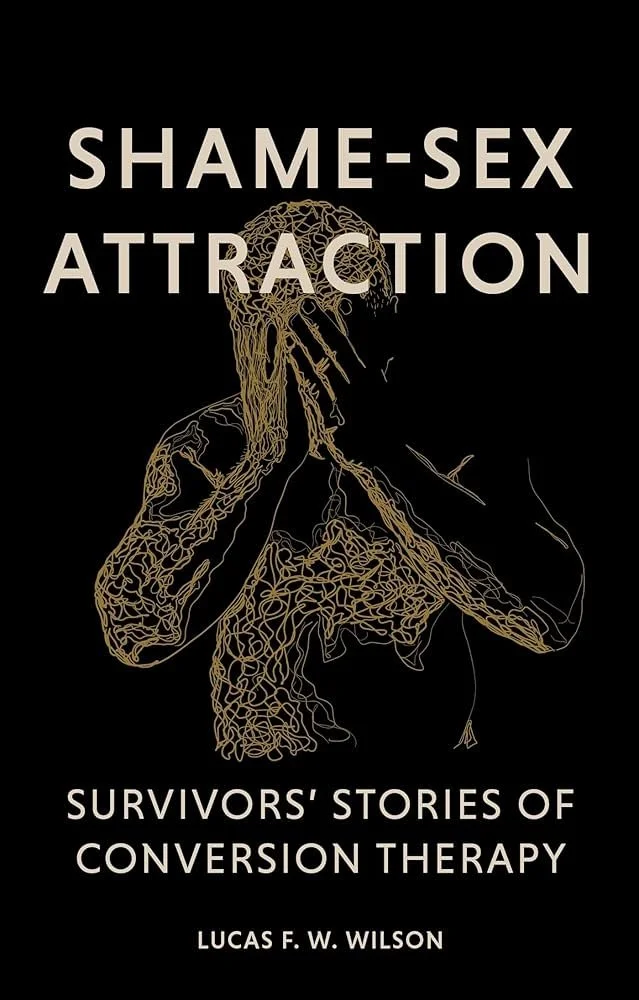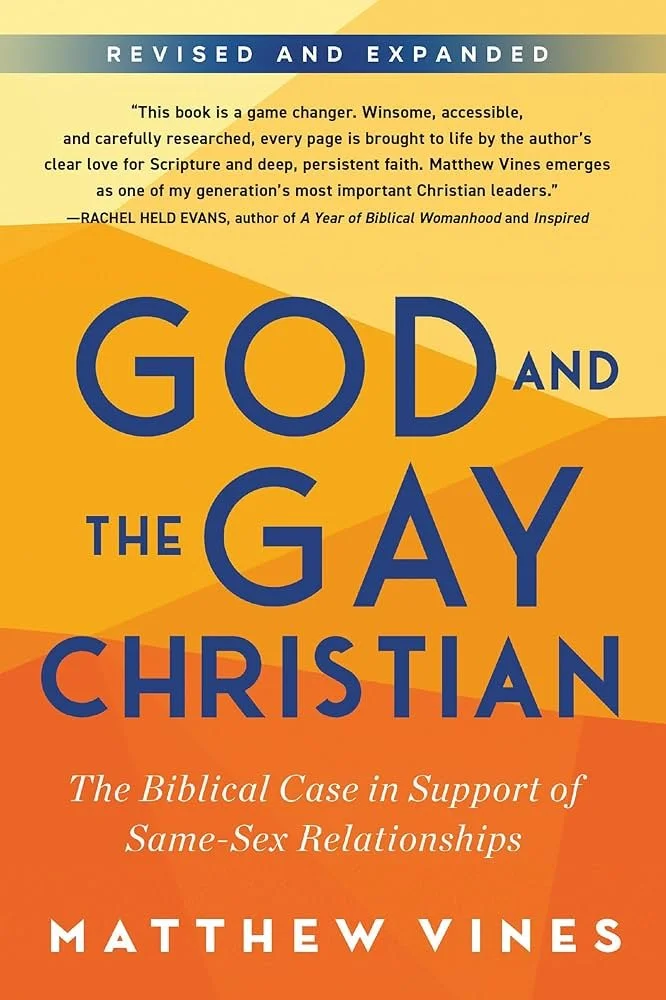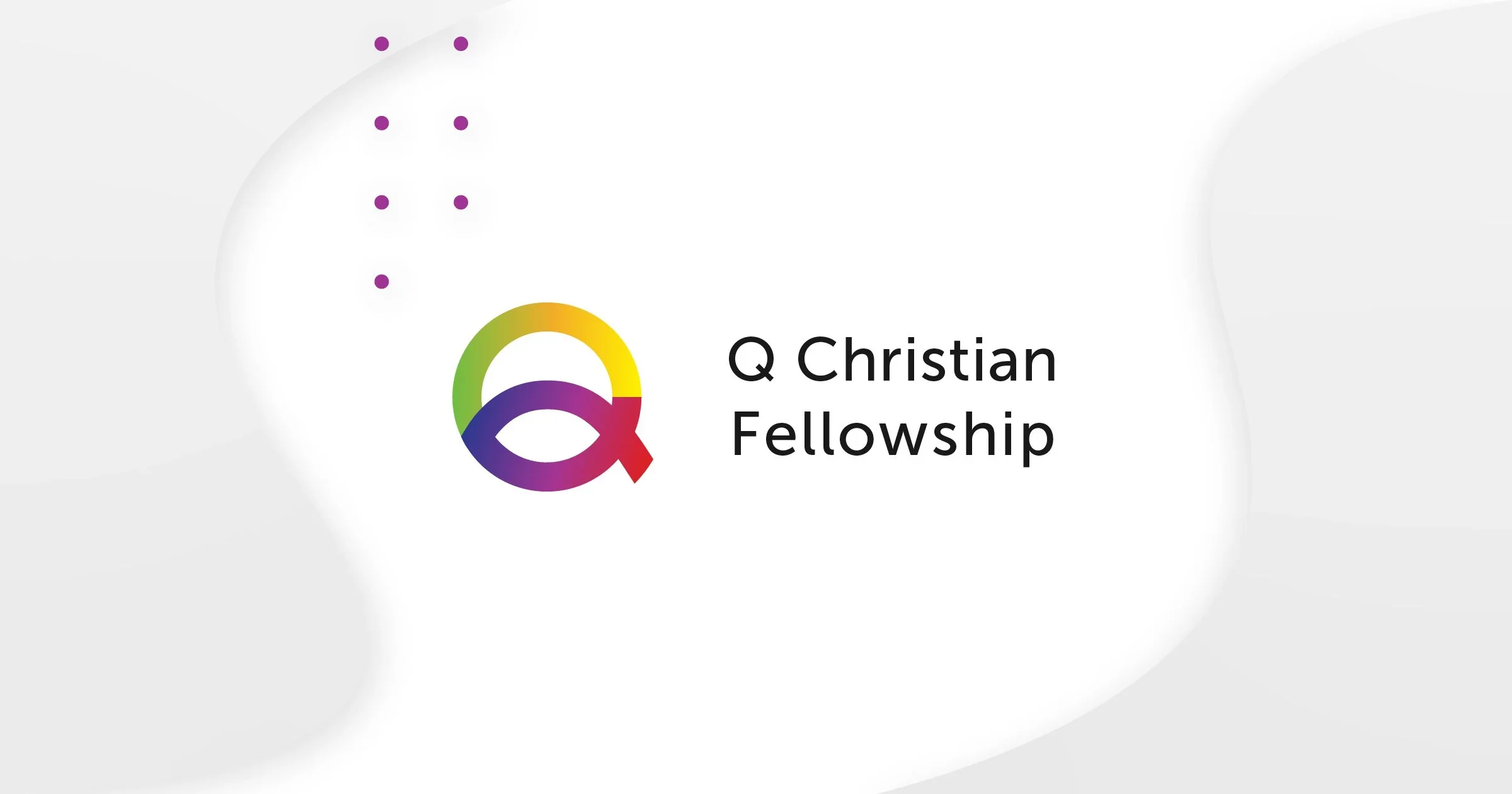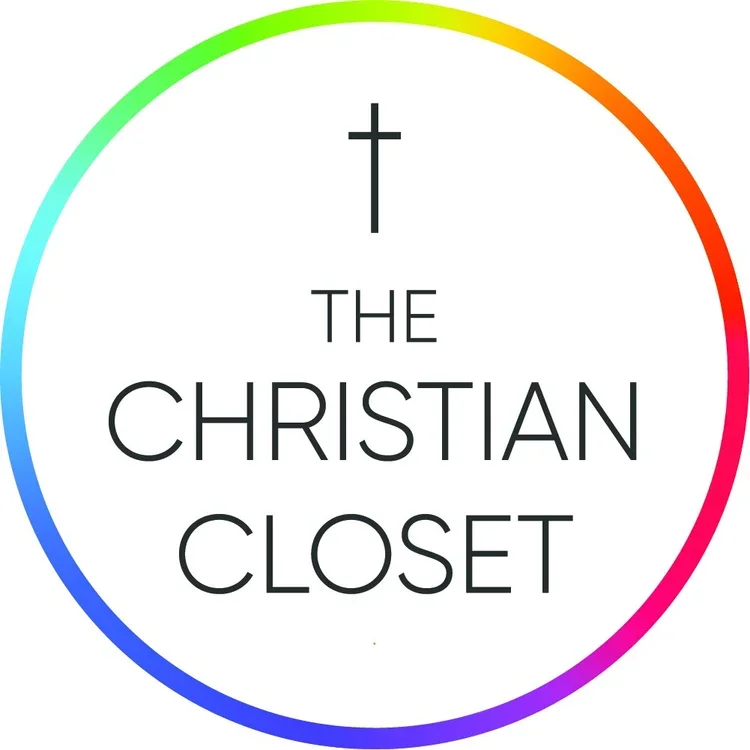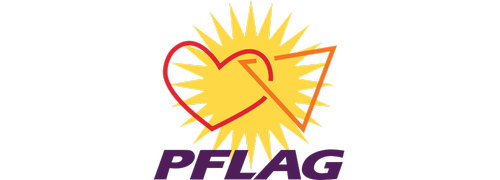
Resources
When I began writing Conversion Therapy Dropout, I wanted to create space not just to tell my story, but to connect others to the people and organizations doing life-changing work today.
Whether you’re trying to understand what conversion therapy is, seeking mental health support, or looking for ways to advocate for LGBTQ+ youth, I’ve gathered a few trusted resources to help you learn, connect, and take action.
FAQs About Conversion Therapy
For many people, “conversion therapy” can feel like a confusing or distant topic. Some think it’s something that happened in the past, or only in extreme situations. The truth is more complicated. These FAQs are meant to offer clear, compassionate answers about what conversion therapy is, where it came from, why it still matters today, and how faith, healing, and advocacy all intersect in this conversation.
-
Conversion therapy (sometimes called “reparative therapy” or “sexual orientation change efforts”) refers to a range of harmful practices that attempt to change a person’s sexual orientation, gender identity, or gender expression. These efforts are based on the false belief that being LGBTQ+ is something that needs to be “fixed” or “healed.”
Despite being condemned by every major medical and mental health organization in the U.S., conversion therapy continues to harm thousands of people often under the guise of religious counseling or “faith-based” programs.Survivors describe long-lasting emotional, psychological, and spiritual trauma.
-
Conversion therapy has existed in various forms for more than a century.
Early versions were rooted in outdated psychology that pathologized homosexuality as a disorder. In the 1960s, religious groups adopted similar methods, framing them as “ministries” to help people “overcome” same-sex attraction or gender dysphoria.
By the 1990s and 2000s, Exodus International, a powerful ex-gay movement, supported by some major evangelical denominations popularized the idea that LGBTQ+ people could change through prayer, counseling, or “discipleship.”
Even though many of its leaders have since renounced those beliefs, the movement’s influence remains widespread. -
While public awareness has grown and some high-profile “ex-gay” organizations have shut down, conversion therapy hasn’t disappeared, it’s just evolved.
Many programs have rebranded under names like “biblical counseling,” “sexual integrity ministries,” or “healing prayer.”
In some cases, these practices continue informally through churches, camps, or individual counselors who operate outside of licensed regulation. Because they’re often couched in religious language, they can be harder to identify and regulate. -
Yes, in much of the United States and around the world.
As of today, more than 20 U.S. states and the District of Columbia have laws banning licensed professionals from performing conversion therapy on minors. But in other states, it remains legal or bans are under threat through ongoing legal challenges, like Chiles v. Salazar.
Religious leaders and unlicensed counselors can still perform these practices in nearly every state under the guise of pastoral care for anyone seeking to change their sexuality because of their religious beliefs, meaning many LGBTQ+ youth remain vulnerable to coercion and harm. -
Conversion therapy is not therapy—it’s psychological abuse. Research consistently shows that people who experience it are more likely to suffer from depression, anxiety, suicidal thoughts, and self-hatred. Beyond the data, survivors speak of deep spiritual wounds, family estrangement, and years spent unlearning shame that was never theirs to carry.
-
Learn, listen, and advocate.
Educate yourself about the realities of conversion therapy, support survivors, and get involved with organizations working to end it like The Trevor Project, Born Perfect, and The Human Rights Campaign.
-
Many Christians have been taught that the Bible condemns same-sex relationships or gender diversity, but that interpretation doesn’t reflect the full story of Scripture or the heart of the Gospel.
The verses often used to justify conversion therapy come from ancient contexts that don’t refer to loving, mutual same-sex relationships or modern understandings of gender.
A growing number of theologians, pastors, and Christian communities believe that being LGBTQ+ is not a sin or something to be changed, but a reflection of God’s diverse creation. Scripture calls us to love, truth, and authenticity and for many, embracing their identity has deepened their faith, not weakened it.
See a list of helpful resources to consider below.
🧠 Understand More About Conversion Therapy
Learn more about what conversion therapy is, its impact,
and why so many faith and medical leaders have spoken out against it.
A national overview revealing that conversion therapy continues across the U.S., with data on how it harms LGBTQ+ youth and why bans remain critical.
A clear, accessible explainer on the origins, tactics, and risks of conversion therapy, and how these practices have been discredited by medical and faith leaders alike.
The landmark scientific review concluding that attempts to change a person’s sexual orientation are ineffective and can cause significant psychological harm.
🎬 Suggested Films to Check Out
Stories and documentaries that reveal how conversion therapy began,
how it shaped faith communities, and how people are reclaiming their stories and beliefs.
Pray Away
A powerful documentary featuring former leaders and survivors of the ex-gay movement who speak openly about the harm caused by trying to “pray the gay away.”
Fun fact: Look for a brief cameo of Tim in the film.
1946: The Mistranslation That Shifted Culture
A documentary uncovering how a single mistranslation of the Bible in 1946 helped fuel decades of anti-gay theology—and how scholars and believers are working to correct it.
Conversion
A story by survivors, “CONVERSION” takes us on a personal and cinematic journey as a filmmaker, an ex-mormon mom, and a famous drag queen unite to overcome the mental and physical impacts of enduring conversion “therapy.”
📚 Books by Conversion Therapy Survivors
Firsthand accounts that illuminate both trauma and transformation.
Boy Erased
Garrard Conley’s deeply personal account of being the son of a Baptist pastor who is forced to attend a church-supported conversion therapy program, exploring the conflict between faith, identity, and family love.
Shame Sex Attraction
Edited by Lucas F.W. Wilson, this powerful anthology gathers stories from survivors of conversion therapy across the LGBTQ+ spectrum. Together, they expose conversion practices as pseudoscientific, ineffective, and deeply traumatic—and assert the collective power of survivors to ensure such harm is never repeated.
Outlove
Julie Rodgers, once a spokesperson for the ex-gay movement, shares her path from conversion therapy to becoming a leading voice for LGBTQ+ inclusion in the church.
📖 Books on Queer Theology & Faith
Resources that explore inclusive understandings of God, Scripture, and identity,
showing that faith and queerness can coexist beautifully and authentically.
God & The Gay Christian
Matthew Vines offers a clear, accessible reexamination of key Bible passages, making a case for full LGBTQ+ inclusion in the Christian faith.
Queer & Christian
Brandan Robertson, a pastor and activist, blends personal story and theology to show how queerness can be a gift to the church, not a threat to it.
Unclobber
Colby Martin unpacks the so-called “clobber passages” often used against LGBTQ+ people and reclaims them as texts of freedom and grace.
🌈 Community & Resources
Find connection, support, and affirming communities of faith.
Q Christian Fellowship
Connect with other LGBTQ+ Christians and allies. I attended my first conference hosted by Q Christian Fellowship in 2010 and it was a truly life-changing experience for me.
Church Clarity
I was one of the original co-founders of Church Clarity, which was designed to help LGBTQ+ people find churches and organizations that are clear and affirming about LGBTQ+ inclusion.
Conversion Therapy Survivors Network
Supports conversion therapy survivors to build a support network that addresses the lasting impact of these practices
💛 Support & Mental Health
If you or someone you know needs immediate or ongoing support.
The Trevor Project
The Trevor Project provides trained crisis counselors 24/7, 365 days a year, anywhere in the U.S. It’s 100% free and confidential. If you or someone you love needs support, visit their website, call 1-866-488-7386, or text “START” to 678-678.
Trans Lifeline
Trans Lifeline’s Hotline is a peer support phone service run by trans people for trans and questioning peers. Support is available Monday-Friday, 1 PM-9 PM ET, by calling 877-565-8860.
The Christian Closet
The Christian Closet offers 100% virtual LGBTQ+ counseling, coaching, and spiritual health services led by a team of LGBTQ+ clinicians. We create a safe, affirming space for individuals and families to heal from religious trauma, explore spirituality, and embrace their authentic identities.
🏛️ Advocacy & Action
Get involved in efforts to end conversion therapy and protect LGBTQ+ youth.
The Trevor Project
Through advocacy, education, and research, The Trevor Project works to end harmful practices like conversion therapy and create a world where every young person feels safe, affirmed, and supported.
Born Perfect
A national campaign to end conversion therapy led by the National Center for LGBTQ+ Rights.
PFLAG
The first and largest organization dedicated to supporting, educating, and advocating with LGBTQ+ people and their families. PFLAG chapters across the country work to build inclusive communities and push for local policy change.
Pre-Order Now — Releasing May 5, 2026
Pre-order now from your favorite retailer and receive Conversion Therapy Dropout as soon as it releases, and claim your exclusive pre-order bonuses. Details below!



